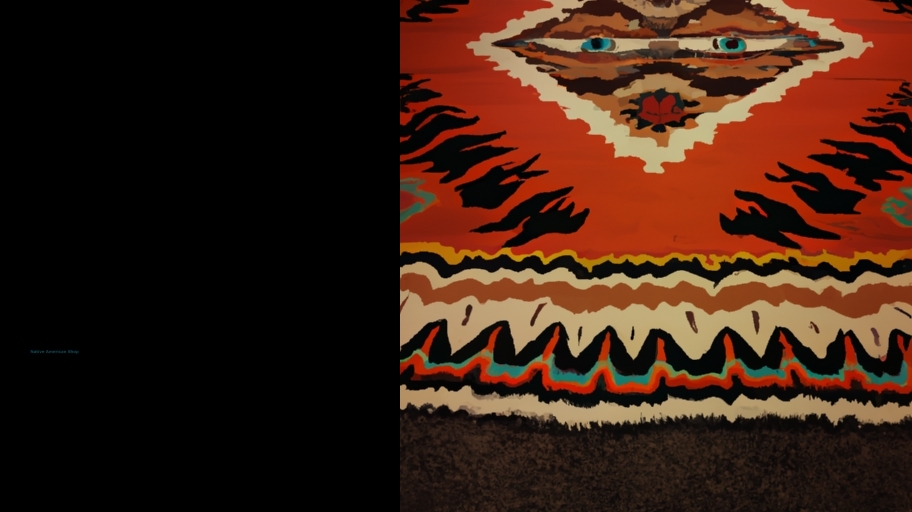Request an enrollment card from a federally recognized tribe if you have verified ancestry
Are you curious to find out if you are Native American? Well, there are a few steps that need to be taken in order to do this. Firstly, you must have verified ancestry from a federally recognized tribe. Once you've done this, the next step is to request an enrollment card from that same tribe. This should provide you proof of your Native American heritage!
However, keep in mind that not all tribes offer this service and some may consider it a time-consuming process. Additionally, some tribes may require additional documentation such as birth certificates or other records in order to verify your ancestry. It's important to contact the tribe directly and ask them what they need before proceeding further.
If all goes well and your application is accepted, then congratulations! You can now proudly claim your Native American roots! But don't forget: it takes time (and patience!) to get the full benefits associated with being part of a federally recognized tribe. So make sure you take advantage of whatever resources are available – whether through formal programs or informal initiatives – to support your journey into discovering more about your Indigenous identity!
And there ya go - one step closer toward verifying your Native American heritage!
Obtain a Certificate of Degree of Indian Blood (CDIB) from the Bureau of Indian Affairs if applicable
Finding out if you are Native American can be a life-changing experience. It is important to do your research first! To obtain a Certificate of Degree of Indian Blood (CDIB), start by contacting the Bureau of Indian Affairs (BIA). Make sure to include any necessary documentation, such as birth or marriage records. Additionally, it's helpful to have an ancestor from your tribe listed in the Dawes Rolls. This list was created around the early twentieth century and can help determine eligibility for tribal enrollment. Be prepared to wait several weeks for results!
However, not all tribes require a CDIB for membership. Some may accept less formal forms of verification, like family stories or oral histories. In this case, reach out directly to the tribe and provide them with any information you have regarding your heritage. Often times they will also ask questions about yourself and/or family members that could prove you are part of their community. If successful, you'll receive confirmation of tribal membership!
Additionally, don't forget there are other benefits available when enrolled in a tribe; such as access to health care services or educational scholarships. All these options will vary by tribe so be sure to contact them directly and inquire about what they offer. So go ahead: (take) the plunge and explore your Native American roots today! You won't regret it!
